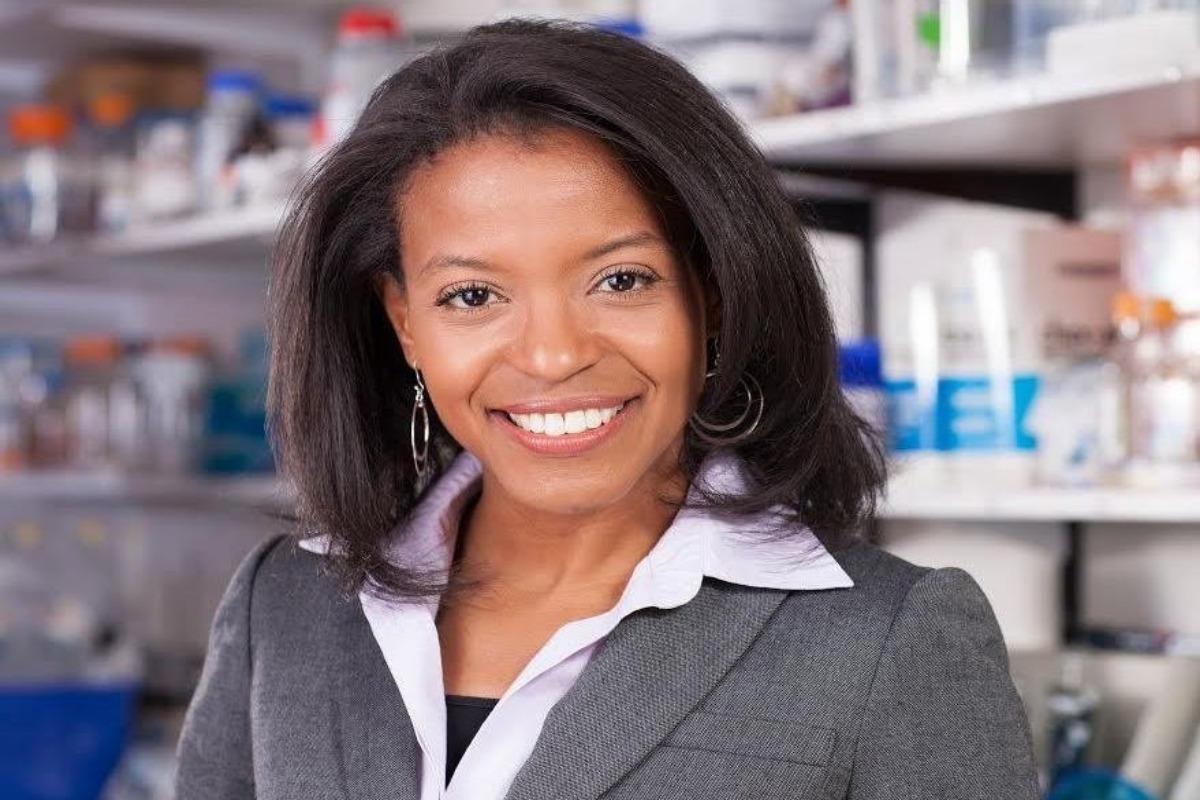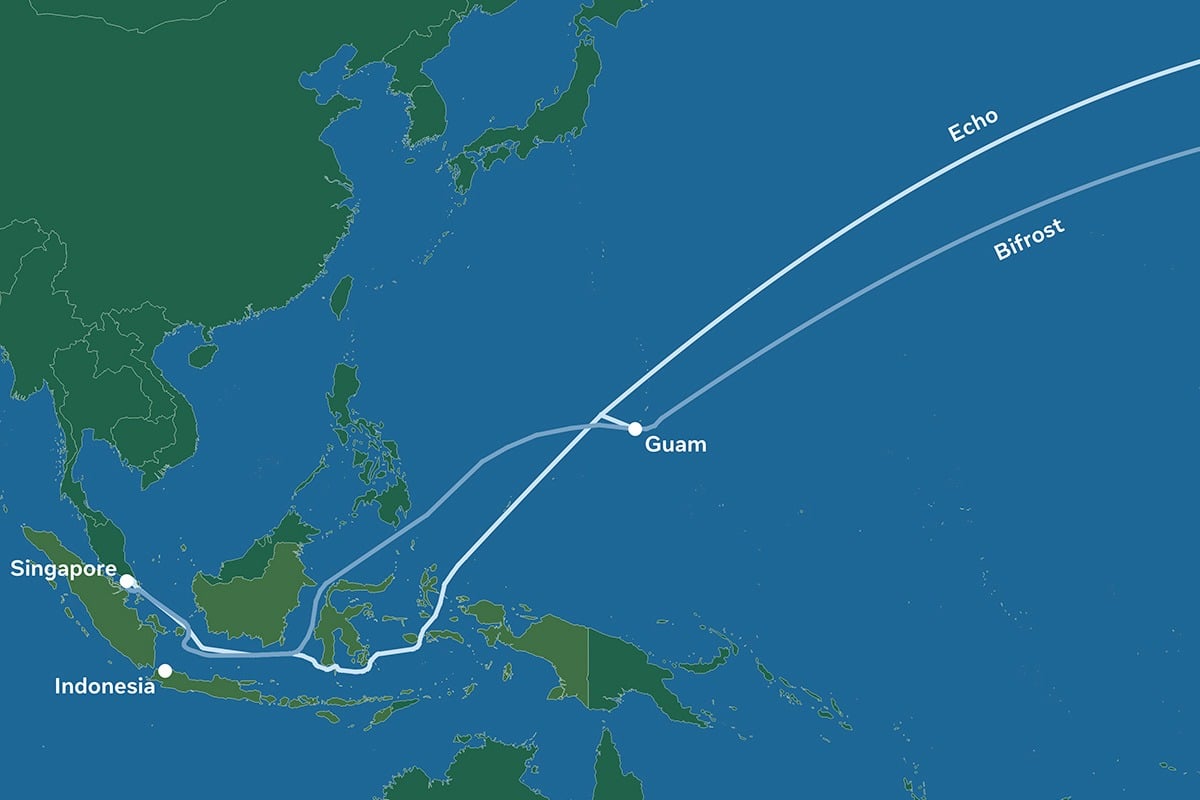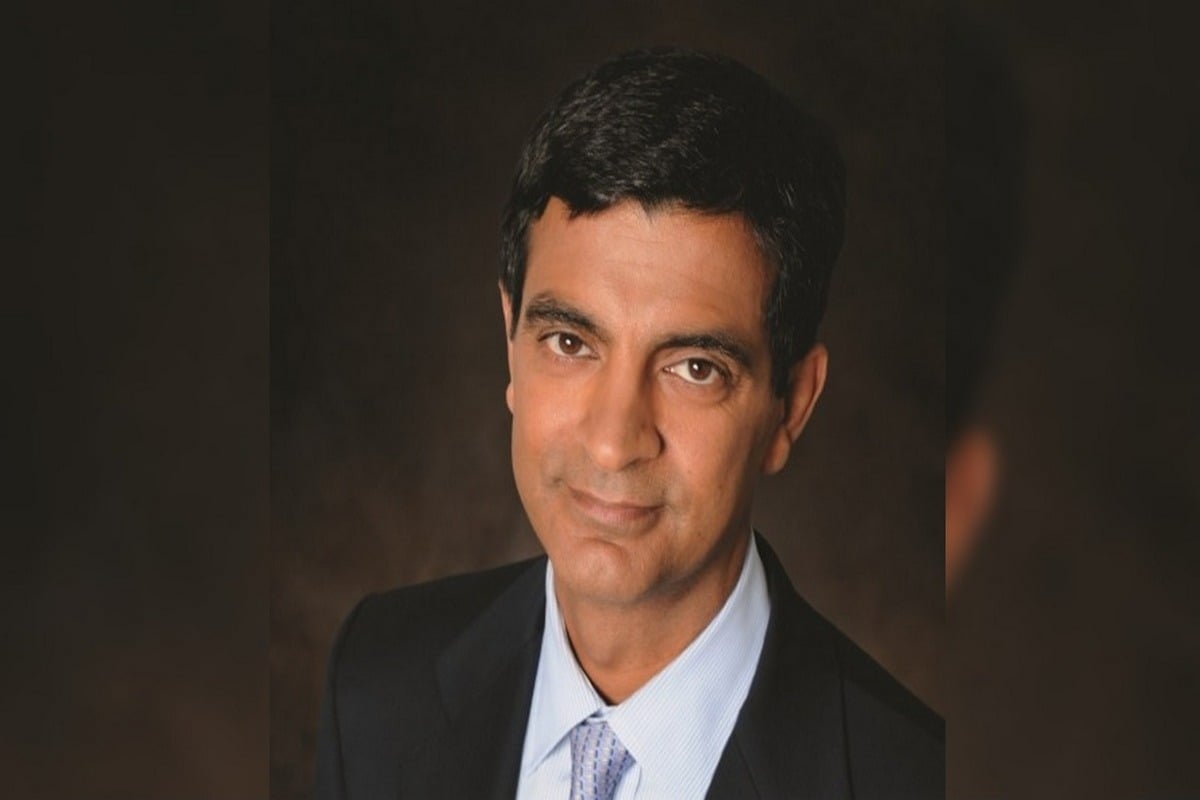Air Protein, a San Francisco startup with the intention to produce meat made from elements in the air, has announced it has completed a US$32 million Series A round of fundraising led by ADM Ventures, Barclays and Google‘s venture capital unit, GV.
Air Protein was founded by Dr Lisa Dyson, who is on a mission to build a modern meat company to introduce nutritious, ultrasustainable, alternative proteins that can sustainably feed the world’s growing population. She was inspired by sixties-era research by NASA about how astronauts could convert carbon dioxide into food.
“With this funding, we will be able to accelerate our work towards providing innovative, environmentally friendly, highly nutritious alternatives that will play an important role in meeting the growing global demand for alternatives to animal protein,” Dr Dyson said. “We are commercialising a novel technology platform that is capable of scaling to large scale production to help feed the world’s 10 billion people by the year 2050, in the most sustainable approach available today.”
Dr Dyson started Air Protein in 2019 to make meat from elements in the air to sustainably feed the future. It is a subsidiary of Kiverdi, a research and technology company working on the science of carbon transformation to create gamechanging products and systems also founded by Dr Dyson, who is also Kivardi CEO. She is a scientist, who holds a Ph.D. in Physics from Massachusetts Institute of Technology (MIT) and is the fourth black woman to achieve a Ph.D. in theoretical high energy physics.
Air Protein says it uses a unique technology to produce protein in sustainable, vertical “farms” that can be built virtually anywhere on the planet. Air Protein meat can be produced in days, making it highly scalable and extremely planet friendly.
“It’s essential to explore a variety of alternative solutions and options to help meet the growing global population’s demand for protein,” said Darren Streiler, Managing Director of ADM Ventures, the corporate venture capital arm of ADM. “ADM is a global leader in alternative proteins, and we are excited to help leverage our vast experience with fermentation solutions to help bring Air Protein’s innovative new ideas to the market.”
Air Protein feeds elements found in the air, such as carbon dioxide, oxygen and nitrogen to genetically modified microbes in a fermentation tank. The microbes ingest the air elements and output a healthy protein that then gets texturised and turned into various alternative meat products. Though the company has not yet named specific types of meat it is developing, it does plan to create products it will sell directly to consumers (as opposed to selling to other food producers).
Andrew Challis, CoHead of Principal Investments at Barclays, said, “Air Protein is a compelling solution to the growing challenges of sustainably feeding the world’s population while tackling climate change and biodiversity loss. This provides an exciting investment opportunity for us to help Air Protein advance its ambitious strategy.”
Dr Dyson said the traditional meat industry is one of the largest greenhouse gas emitters on the planet, and is an industry that uses unsustainable amounts of resources like land and water. As demand for meat continues to rise, and with a global population moving steadily towards 10 billion people by 2050, the need for alternatives to meat gets more urgent each year. Dr Dyson applauded the efforts of other types of alternative meat production, including plantbased meat, and suggested that due to the sheer amount of demand globally for meat, opportunity exists now and will continue to arise for many different methods and companies.
Air Protein’s high tech, resource light method for meat is one way to satiate the planet’s appetite for meat without incurring so heavy an environmental burden.
“At GV, we’re drawn to invest in the future of sustainable food, and Air Protein provides a unique protein source with proven yields and production efficiency,” said Andy Wheeler, General Partner at GV. “Air Protein holds considerable potential as a modern meat alternative, and we’re looking forward to seeing what CEO Lisa Dyson and the founding team create in the company’s next phase of growth.”







